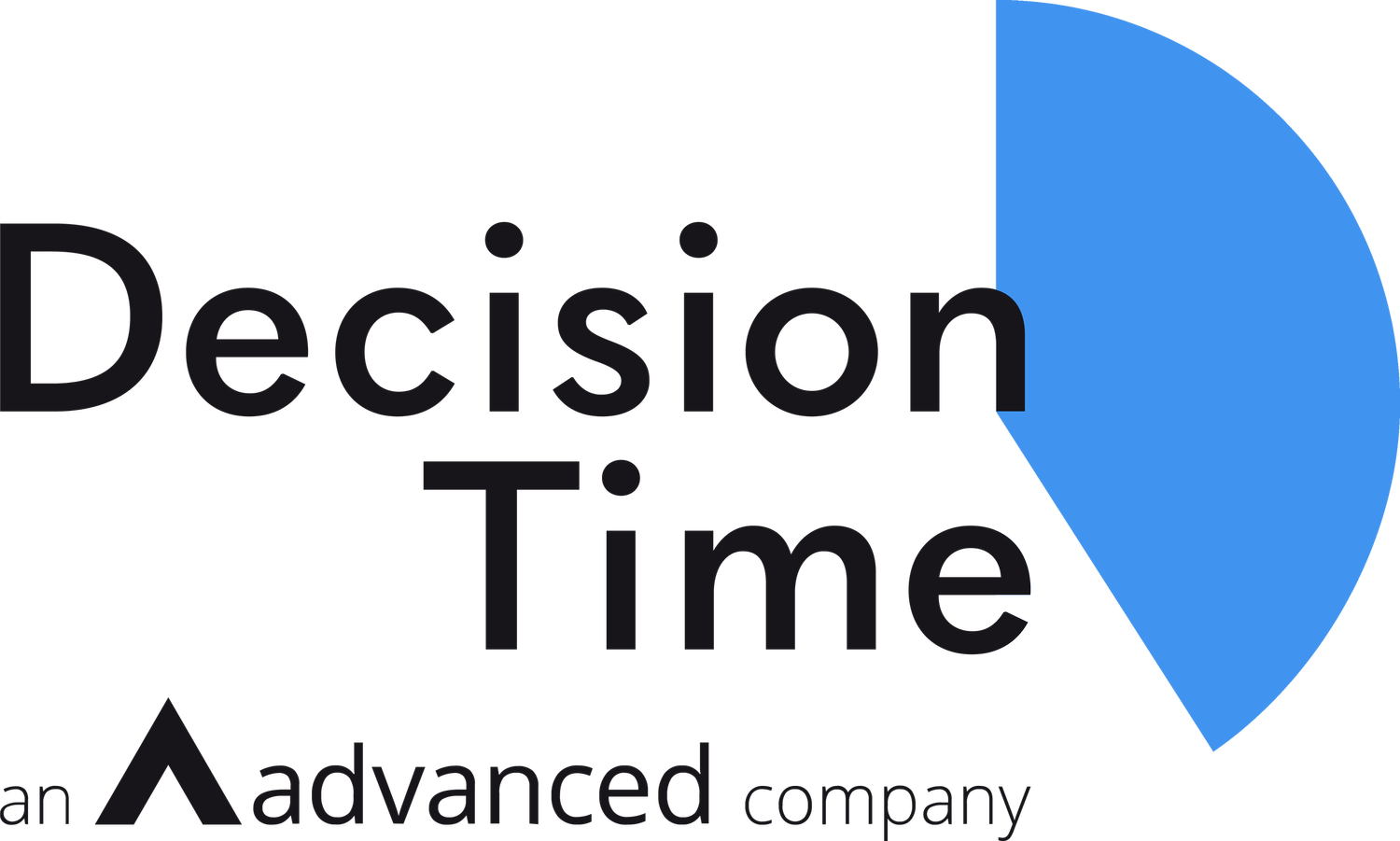Adapting in times of uncertainty
It is becoming clear that the far-reaching changes to how we manage and lead our organisations are so significant that they will have a continuing impact long after this crisis ends.
It is our duty as leaders to turn these transitions into opportunities for positive change. The lessons we learn today, the tools we adopt and the changes we make to our governance processes and thinking can lead to more flexibility, more efficiency and better decision making in the future.
Constraints on movement, heightened anxiety, patchy information, safety and security concerns and volatile economic conditions which change hourly are creating a challenging environment for making clear decisions at precisely the moment when leadership and governance are most needed. So much of our personal and professional life will move online over the coming months and corporate governance is no exception.
The organisations that will cope best in this crisis will be those that are flexible, technologically adept and have well-defined management processes in place. In those cases moving decision-making and governance online should be relatively easy. Organisations that still operate predominantly on paper or using outdated and inflexible digital systems or that have weak governance structures in place will struggle to make the transition.
At Decision Time, we took the decision quickly to move to full remote working, sending all of our staff to work from home. We did this secure in the knowledge that our cloud-based systems and data, flexible working, structured meetings and well-defined processes would cope easily with the transition with a minimum of effort or issues.
Over the coming weeks, we plan to share our thoughts and experiences of remote governance, the lessons we have learned and the challenges we face in the hope that it will help others on their journey.
